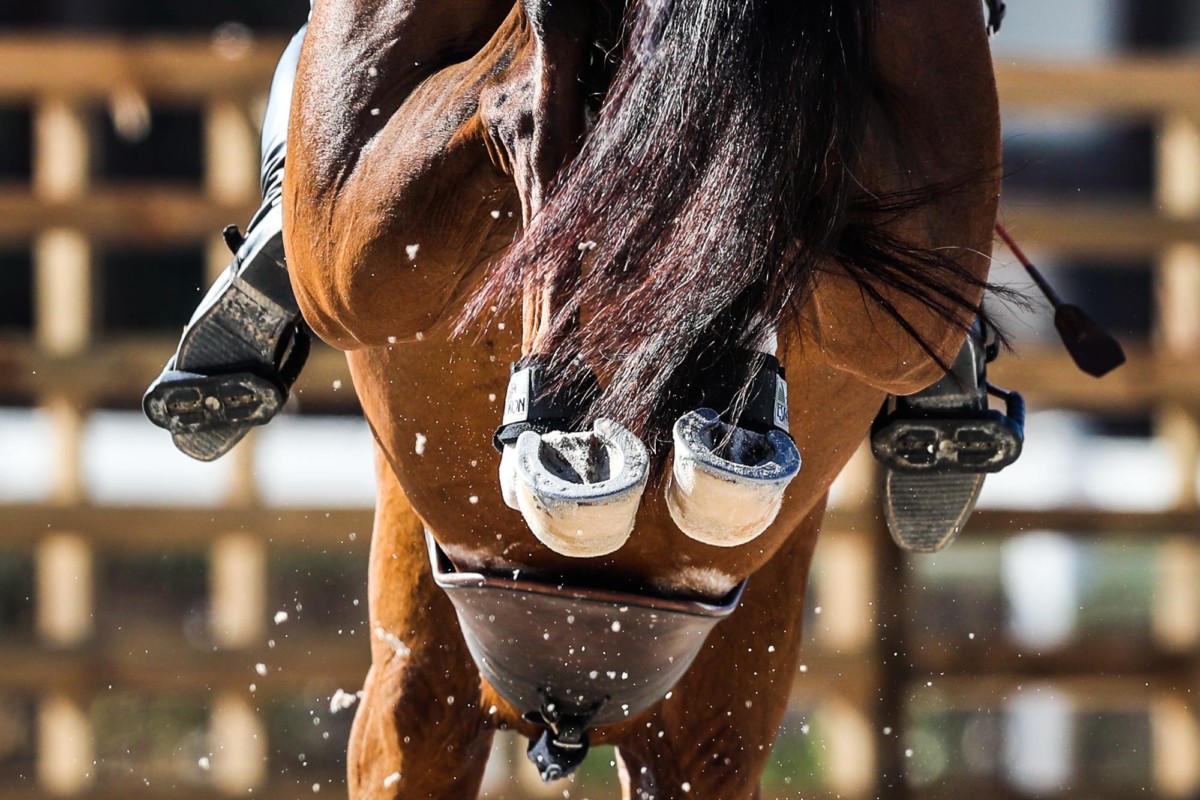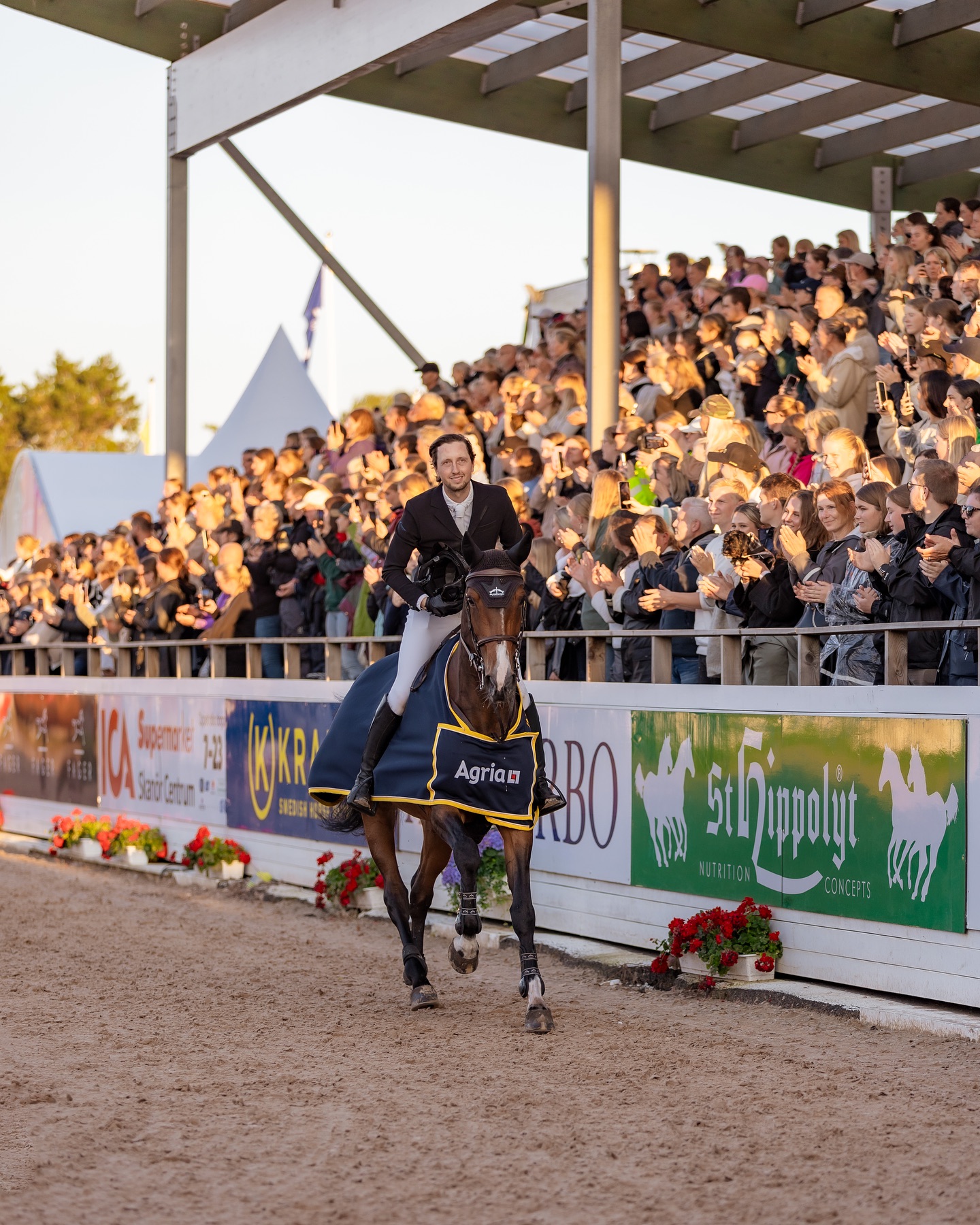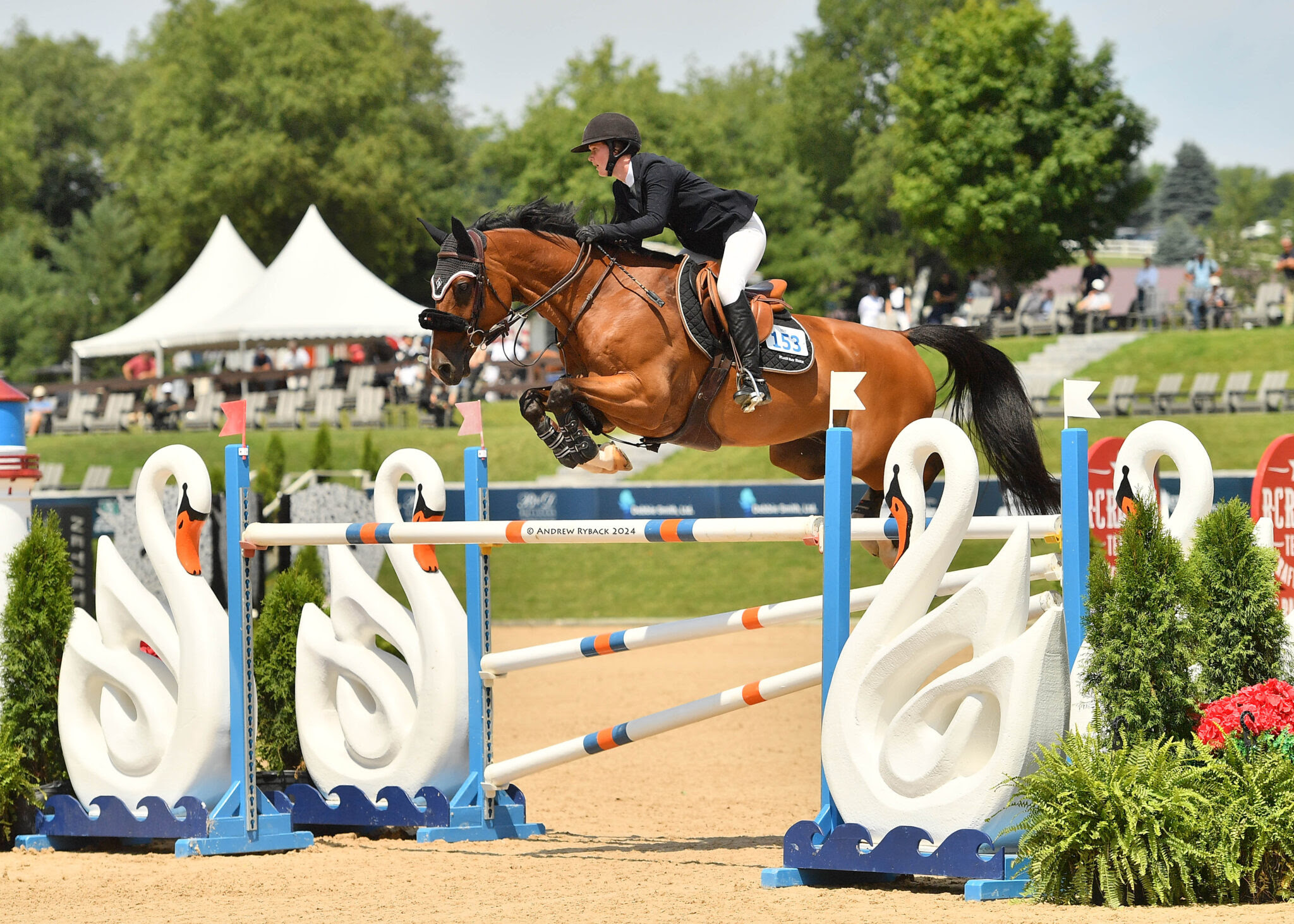The year 2020 has just concluded and the International Jumping Riders Club is looking to 2021 to work in the best possible way at the side of the riders, supporting them now more than ever, in this pandemic period. In a complex year like the one just ended, the positive co-operation between the IJRC and FEI continued without pause. The Club worked hard with some organisers, beset by problems because of the many cancellations. However, it is important that the riders are not burdened with extra fees so that they can afford to compete. Over the past years the Club has always worked to ensure that the entry fees would be ‘all inclusive’ (TVA, stable, parking, etc.) and that no other kind of extra fee would be permitted.
Ranking Points and innovation system
Ranking points and the invitation system featured high on the list of priorities. In order to protect riders unable to compete following continual cancellations, it was decided to freeze points.
Since only thirty results count towards the ranking, to earn points the riders require better results than in the same month of the previous year (which was difficult as there were no big events). Those who could not compete didn't lose points. Regarding 2021 a decision will be taken in early February depending on the Covid situation.
Jumping Rules changes
During the Covid-19 pandemic, the FEI had to rely on technology to organize the 2020 General Assembly, which was held online. Whilst the main focus of the FEI Rules and Regulations revisions was on human and equine anti-doping regulations, the discipline rules modifications were of minor dimensions. The full revision of the FEI Jumping Rules has been announced for 2021 and will be treated accordingly on the occasion of the FEI Sports Forum (19-20th April 2021).
IJRC considers the discussion regarding an amendment to disqualification rules of great importance. If a test comes back positive during the Nations Cup, only the results of the positive horse are cancelled without the elimination of the whole team a return to the old system. While if a test was to come back positive at the Olympics or Paralympic Games, this would end in the disqualification of all the results obtained by that rider at the event and with all horses ridden. The deadline to request rules changes for 2022 is scheduled for 1st March. IJRC Board is also working on the use of hind boots (at all international show jumping events, horses will only be permitted to wear front and hind boots having certain characteristics).
Contamination
Contamination has been on the IJRC agenda for a considerable time, both because of the complexity of the problem and because of the importance it has for the riders' careers. The IJRC's request remains consistent: that riders are considered non-culpable when contamination from human medications is involved, both when there is a scientifically proven certainty that such contamination is involuntary and / or caused by persons not linked to the riders; and when traces of the prohibited substance are below the IPC (Irrelevant Plasma Concentration). Given the importance of these topics on the roster, the need for active and constant collaboration between all stakeholders, the FEI and the IJRC (representing the riders’ voices), came over, once again, loud and clear.
New WADA regulations
During the last online General Assembly, there were two sessions devoted to human and equine anti-doping. In view of the introduction on January 1st, 2021, of the new regulations established by the World Anti-Doping Agency (WADA), which include international standards concerning training and the management of all results, the FEI has consequently been obliged to review current anti-doping rules in order to comply with the new norms introduced by WADA. This means addressing important and delicate issues such as greatly-feared contamination, rules involving disqualification and the testing of samples.
Retrospective tests
By 2021, all National Federations will have had to update their rules to incorporate the FEI’s key anti-doping regulations, provide anti-doping training and report any potential violations to the FEI. One of the changes made envisages that after a sample has been reported as negative, it may be filed away and undergo further testing if requested by the anti-doping organization that requested the sample or by the FEI, in compliance with WADA regulations. The FEI has stated that retrospective tests are an important instrument and that the introduction of such new policies concerning atypical results could help mitigate problems. This policy is aimed at providing greater flexibility when there is a positive sample, probably caused by contamination.
Atypical findings
This means that substances will initially be treated as 'atypical findings' instead of 'negative tested samples', allowing the FEI to review the matter before the outcome is reported as positive and procedures involving a violation and consequent disqualifications are officially started. Should the FEI choose to pursue an atypical result as a negative sample test, this decision is final and not subject to appeals. The provisional suspension in case of “suspicion of contamination” were cancelled years ago.
Source: IJRC News letter



